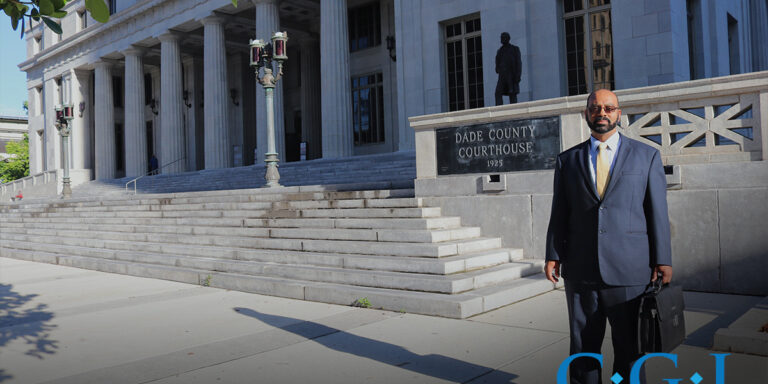Created on September 17, 1787, and amended multiple times the U.S. Constitution is the supreme law of the United States of America. Not only is it the ultimate order of our land, the Constitution is also the foundation for every proceeding that occurs in our modern day courtroom. The first three words of Constitution are “We the people,” and without the people’s voice layered throughout the document the United States wouldn’t be the great country it is today.
There are many parts to it and every lawyer should have a printed version of it in their office. For the purpose of this article, we will be focusing on the Fourth Amendment which says “’each man’s home is his castle’, secure from unreasonable searches and seizures of property by the government. It protects against arbitrary arrests, and is the basis of the law regarding search warrants, stop-and-frisk, safety inspections, wiretaps, and other forms of surveillance, as well as being central to many other criminal law topics and to privacy law.”
Although every part of the U.S. Constitution is equally important, as a law firm that handles a lot of criminal cases, we at Carlos Gonzalez Law think the Fourth Amendment should be a daily read for every practicing attorney. If a defendant comes out of a courtroom being found guilty but is only given probation; then this verdict is considered a victory for both the defendant and his or her attorney.
But probationers have to understand that they are typically subjected to warrantless searches without probable cause due to the fact that when you’re on probation it means, “Subjected to supervision.” An officer needs a warrant from the courts to search a citizen’s property but this is not the case if you are on probation.
Types of Search Conditions for Probationers:
The harshest form of probation consist of probationers having to agree to any search, by a probation officer or a police officer where the officer doesn’t need to suspect you of committing any crime, being in the possession of a drug, association of convicted criminals or being in possession of objects that are prohibited under the agreement of the probation.
The second type of search consists where the probationer agrees to reasonable searches at reasonable times. This means an officer must have some form of reason for a search. The word “reasonable” is very open and the officer only needs slight proof; for example, when a police officer searches your car because he or she smells marijuana inside your vehicle.
The third kind of search is the contraband search, where an officer suspects you are in the possession of drugs, weapons, or both. Another name for this type of search is a “drug search condition” or “contraband search condition.” For example, if an officer sees gun bullets in your car then he or she can search your vehicle to see if you are in the possession of a gun. An officer is only allowed to search for drugs or weapons and nothing else.
We at Carlos Gonzalez Law know the United States Constitution and even probationers get protection under the Fourth Amendment. If you in a legal ordeal and what to know your rights, don’t hesitate to contact us at (786) 358-6888









